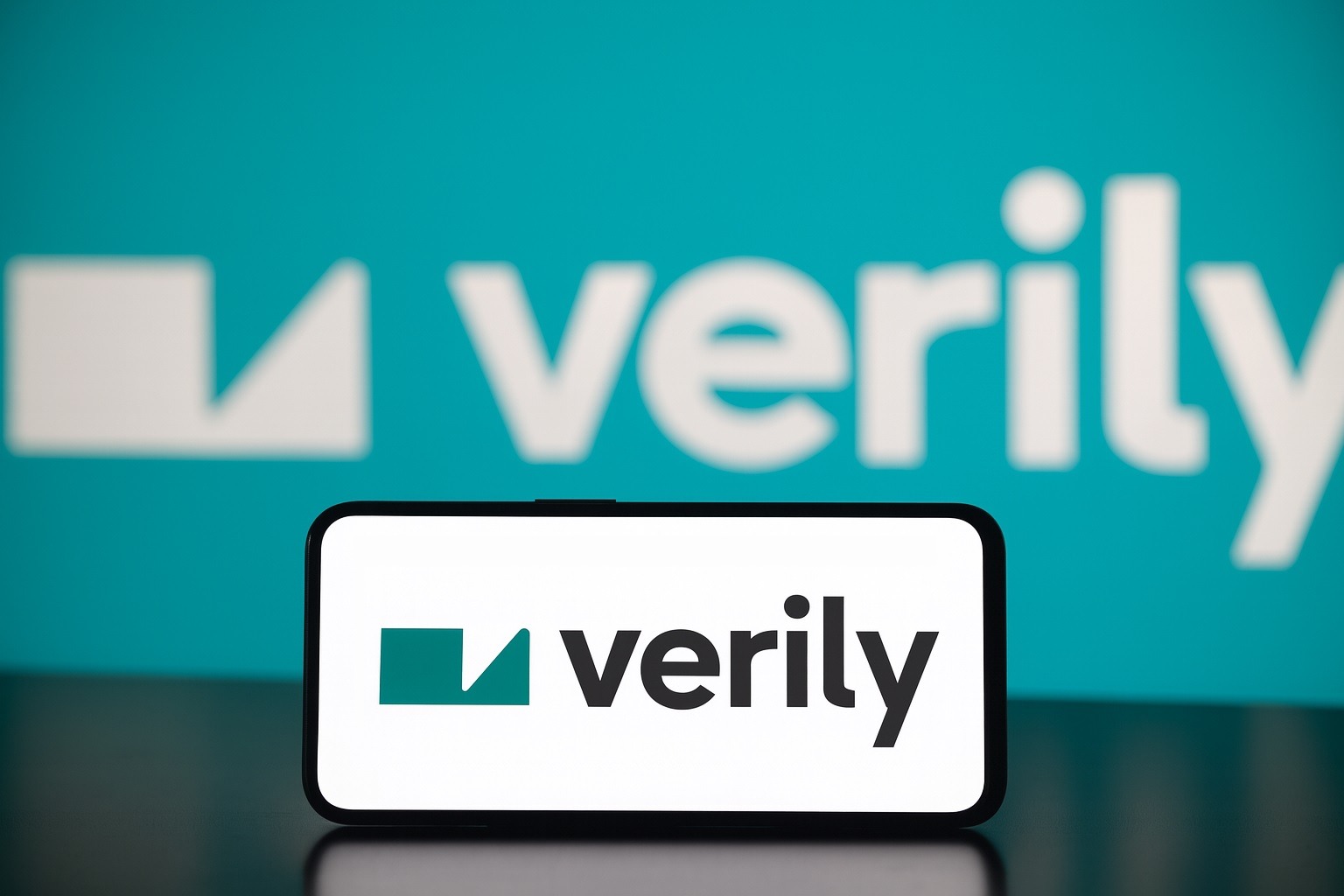- Launched at HLTH USA 2025: Verily, Alphabet’s life-sciences arm, announced Verily Me on Oct. 17, 2025 at the HLTH conference in Dallas. The free mobile app lets patients securely share their existing medical records so licensed clinicians can review them and send tailored care recommendations [1] [2].
- Personalized clinical guidance: Once a user connects their records, Verily Me’s network of clinicians examines the full health history (across doctors and systems) and gives personalized treatment suggestions [3]. In Verily’s words, the app “identifies care gaps and provides more personalized treatment recommendations,” helping people manage chronic conditions or preventive care [4].
- AI health companion “Violet”: The app includes a 24/7 AI assistant named Violet. Users can ask Violet questions about their records (for example, “When was my last flu shot?” or “Who was the surgeon for my knee surgery last year?”) and get instant answers [5]. This AI feature is designed for convenience and to help patients understand their history.
- Wellness features: Verily Me also lets users log meals by snapping photos, with real-time nutrition feedback and tips [6]. It aims to be a one-stop personal health tracker, combining medical data insights with lifestyle guidance.
- Research opt-in – “Lifelong” registry: The app offers an optional enrollment into Verily’s new Lifelong Health Study, a real-world data registry for clinical research. Users can consent to share their (de-identified) health journeys, building a longitudinal research cohort [7]. STAT News notes that Verily is essentially creating an “on-ramp” to funnel patient records into this Lifelong registry [8] – part of the industry’s push to gather large-scale health data for AI-driven research.
- Strong privacy promises: Verily emphasizes that user data remains private and secure. Chief Product Officer Myoung Cha says the app is built on “an extremely solid foundation of data privacy, consent, and security,” and stresses that Verily is “a health care entity… not just a tech company,” so “everything…is health care grade privacy and security” [9]. Given the sensitivity of medical records, Verily is pitching Me as a trusted, HIPAA-compliant service backed by clinicians (not just algorithms).
- High consumer interest: Verily cites a new Harris Poll finding that 75% of Americans would welcome an app providing personalized doctor-recommended health advice based on their own records [10]. The company says this confirms public demand for tools that turn raw medical data into helpful guidance.
- Availability: Verily Me is currently in beta, and anyone in the U.S. can download it from the Apple App Store or Google Play Store now [11] (with no subscription or fees).
Background and outlook. Verily Me marks the Alphabet group’s latest consumer push in digital health. Verily was founded in 2015 as a precision-health/AI arm of Google (Alphabet) and has a track record in medical devices and research (e.g. the Project Baseline cohort study). This is its first app aimed directly at everyday patients. The launch follows broader industry trends of using AI to mine patient data: health records are now considered “crude oil” fueling the AI revolution in healthcare [12], and companies are racing to give consumers more control and insights from their data.
While Verily Me offers free advice, it also benefits Verily’s long-term goals. By encouraging users to share records and join Lifelong, Verily gains de-identified real-world data that can be sold (with consent) to drug companies and researchers. STAT News reported that Verily’s data-hungry strategy is to “sop up patient data” through this app and feed it into Lifelong for “life sciences” customers [13]. In other words, your health data could help train AI models and speed clinical research – if you opt in.
Expert comments. Verily’s own clinicians highlight the patient benefits. Dr. Vindell Washington, Verily’s Chief Clinical Officer, says “We created Verily Me to meet the consumer need for a simpler, more personalized healthcare solution,” adding that the app will help users “better manage their health” by identifying care gaps [14]. Myoung Cha, Verily’s CPO, adds the goal is an “integrated and intuitive experience” to streamline care and make data-sharing between patients and doctors seamless [15].
Outside observers note the significance: Katie Palmer of STAT News wrote that the industry is eyeing consumer records as valuable AI fuel. Verily’s approach – offering free services to gather deep medical data – reflects both the promise and privacy tightrope of Big Tech in health. Cha’s assurances of “health care grade privacy” [16] aim to address those concerns.
Bottom Line: Verily Me is a free, clinician-backed health app combining personalized medical advice, AI record query, and wellness tools. It exemplifies how Silicon Valley is trying to put medical data to work for patients (while also building massive research datasets). As Verily rolls out the beta app, its success will hinge on user trust – in both the medical guidance and the company’s data safeguards [17] [18].
Sources: Verily’s official announcement [19] [20]; coverage by STAT News [21] [22]. These reports provide details on Verily Me’s launch, features, and data plans (quotes and stats are drawn from these sources).
References
1. verily.com, 2. verily.com, 3. verily.com, 4. verily.com, 5. verily.com, 6. verily.com, 7. verily.com, 8. www.statnews.com, 9. www.statnews.com, 10. verily.com, 11. verily.com, 12. www.statnews.com, 13. www.statnews.com, 14. verily.com, 15. verily.com, 16. www.statnews.com, 17. www.statnews.com, 18. verily.com, 19. verily.com, 20. verily.com, 21. www.statnews.com, 22. www.statnews.com
